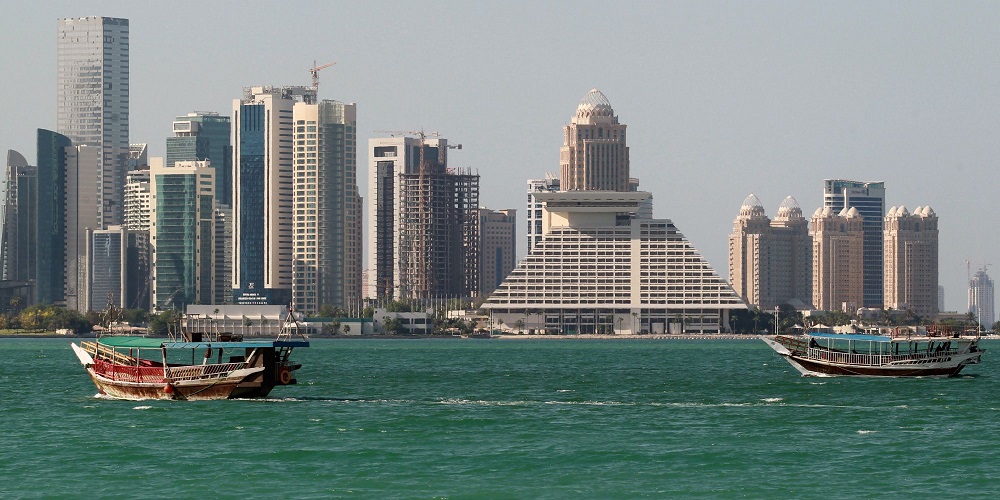This time former Iranian Ambassador to Qatar Abdullah Sehrabi spoke on behalf of the Qatari government, saying Qatar’s emir is willing to withdraw from the Gulf Cooperation Council. The Iranian official didn’t express a point of view or make an analysis but he conveyed a specific information.
While the Iranian information goes in tandem with the fierce attack of the Qatari media on the GCC, it seems that Doha wishes to add the council to its rivals’ list in the region or to – at least – sabotage this successful experience.
It is illogical to deny that the council is going through a real crisis as a result of a founding member’s decision to distance itself from the main purposes for which the council was established in Abu Dhabi on May 25, 1981.
However, the regime in Doha missed the fact that the GCC is stronger than any failure. Doha can withdraw or suspend its membership – it can replace Turkey and Iran with its interests in the council – but it can’t prevent other states from implementing its successful project. Neither the region nor the world are in a condition that would tolerate the collapse of a rare and successful experience in the Arab world.
It should be recalled that the council throughout history – almost four decades – has gone through dangerous political crises, mainly the eight-year Iran-Iraq war, then the Iraqi Invasion of Kuwait in August 1990.
Fortunately, these two dangerous crises occurred before the coup led by Sheikh Hamad bin Khalifa against his father. That’s why the council managed to confront them in as much solidarity as possible. Had Hamad bin Khalifa been the emir at the time, then, the council’s internal crisis would have been much worse than the external one.
It is normal that during Qatar’s current crisis, Doha would use any means to exploit the council’s unity to help itself out of the crisis. If we consider the keenness expressed by several capitals, including Washington, Paris, London and Berlin, on GCC’s continuity, then Doha’s opportunism won’t be surprising since this is part of its strategy.
Actually, it would be a surprise if Qatar acted otherwise and distanced the council from the current crisis although Doha is the one that has struck the mortal blow due to the announced and discreet violations of its authorities during the past years in the aim of causing rifts internally, inciting the violation of state sovereignty and hosting terrorist and sectarian groups that aim to destabalize the region.
All eyes are on the GCC annual summit to be hosted by Kuwait in December. In my opinion, if the crisis continues along with Qatar’s intransigence then it is better to postpone it. This way the continuity of the council would be preserved.
The council will be stronger when Qatar returns to be a Gulf country of equal rights and duties.
If Doha is hinting on withdrawing from the council then this is its decision. But the decision of the council’s continuity isn’t linked to it. The dispute with Qatar didn’t and won’t affect the Gulf countries’ interests and their moving forward whether with or without Qatar.
